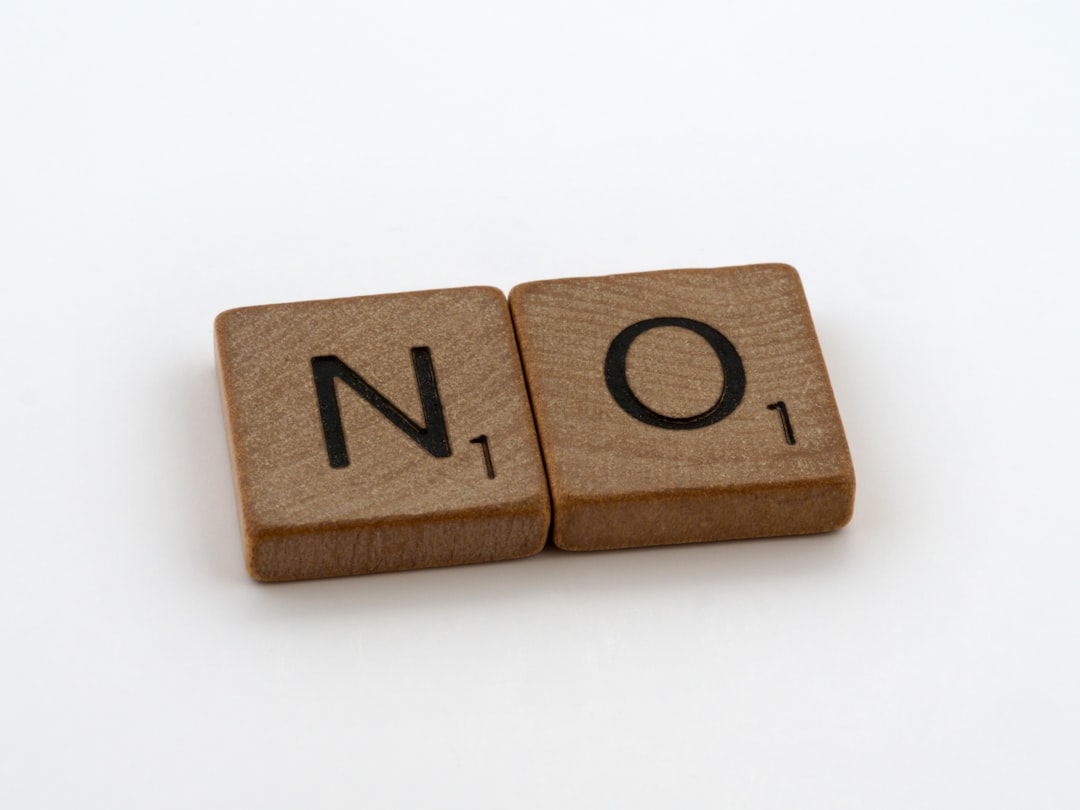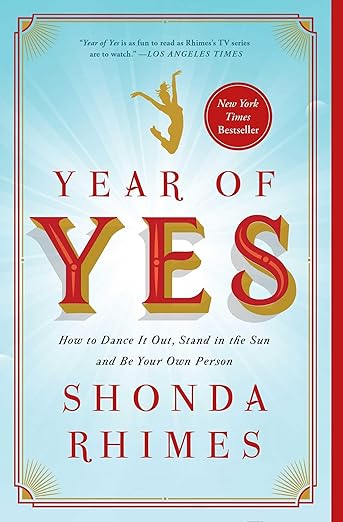



As an adult, I had to learn to say “no.” What most people learn early on in their lives, I struggled to assert. In my family, obedience was expected, regardless of the circumstance. Raised in a strict religious environment, fawning was a requirement of my survival, and I filled the role of the dutiful daughter with precision.
I felt pressured at a very early age to say yes to things I wasn’t comfortable with. At five years old, I felt terrified to not accept Jesus, scared I would go to hell. At seven, I was baptized because I knew my parents expected that next step from me and I had held out long enough. At thirteen, I led the youth group to show evidence of my devotion. I hid my real music tastes and dress choices. I cursed in secret and only showed my true self when my parents weren't around. (For the Gilmore Girls fans, I was Lane). All my yeses felt forced. I spent decades of my life fawning.
It wasn’t until I was married in my 30s that I began to feel more assertive in my no. The real revolution came in my 40s. Saying no was not an option, it was a necessity. I finally felt free to throw off what was expected of me. More importantly, I learned to tolerate the guilt that I felt when saying no.

Deep down I knew what I wanted and what I didn’t, but my temperament and rejection sensitivity led me to say yes when I would have rather said no. Healing looked like reclaiming my no and tolerating the guilt of disappointing someone.

If you are an empath or a sensitive person, you know that saying no can feel difficult. Paying attention to the needs of others is our DNA. We are hard-wired to observe the spoken and unspoken, to notice the nuances, the emotional energy of the people around us. We notice the atmosphere in the room, if something is out of place. This is a gift for it makes us attentive and caring, but the gift can turn into a liability if we aren’t careful with it. The sensitivity that makes you attuned to the needs of others makes you vulnerable for ignoring your own needs and fawning in order to please others.
Can we tolerate the guilt long enough to utter “no”?
The guilt we feel is not because we have committed an error or transgression. It is an inappropriate form of guilt, one that exists to make us feel bad for attending to our needs or asserting ourselves. It is the shame that has been handed to us in order to control us. In order to make us pleasing, deferential, “nice”. This is often the same as religious guilt. This type of guilt is a false warning and we have to treat it as such. Gabor Maté speaks about feelings of guilt as a sign we are on to the right choice for ourselves.
Can we reframe the feelings of guilt as a positive indicator, rather than a negative sign?

We respect our capacity and protect our sensitivity when we say no. When we decline invitations that may be too taxing. When we nurture our constitution. When we attend to our own needs. When we don’t sacrifice ourselves by default. When we refuse to hustle.
I begin taking up space by speaking my no. As I say no - I am saying yes to myself. I am saying yes to what is calling me. To the whispers of my needs. To the delicateness of my nervous system.
Years ago I read Shonda Rhimes’ book “The Year of Yes.” She describes how she had a pattern of avoiding opportunities and adventures and playing it safe. Her anxiety kept her opting out until she was reminded that she never said yes to anything, and so she challenged herself to a year of saying yes.

My challenge to the empath who says yes as a reflex without thinking, do you need a year of no to reclaim your yes? A year of saying no to invitations that don’t excite you. A year of no to the time, energy and resources that people want from you but that you can’t really afford to give.
If you are a chronic yes sayer like I was, you may need an enforced No period where every request made to you is an automatic No and only afterwards can you say yes to what you really want.
What would that look like? Would it help you see more clearly what your yes is?
Here’s what I have learned to say No to:
What might you say “no” to? Where do you need to assert yourself? Do you need to get comfortable with the guilt it provokes?